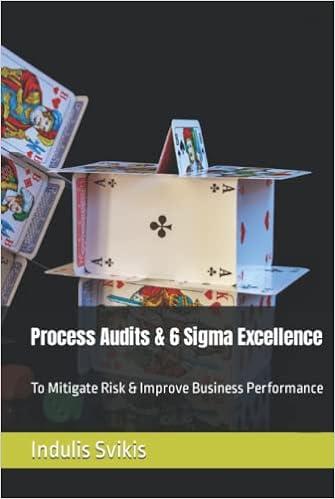2020 U.S. LE United States Supreme Court, 2020 Un Fiets: For nearly centurs, Anaconda Copperopenared a Argument for Atlantic Richfield: The goal of the ComFamelter near the cown of Opportuniry, Montana. Each day, prehensive Environmental Response, Compensation, and this fictary emirted into the air tons of arsenic and lead, Liabilicy Act is right in its name: a "conmental response" plan, that is, a single EPA-led cleanup corering a territory of hundreds of square miles. After the EPA designated all of this polluted land a would enter into an agreement with the EPA unless the we the atrom further claims from other tlement with the smeiters thenowne, aldistic Richicld. parties. government had set elsewhere, even for toxic landfills. own plans through state courts, these efforts might inter. The EPA was willing to accept that people on hundreds fere with the EPA's strategy for cleanup by, for example, of square miles would live with poisoned soil, even people digging up contaminated soil that has been deliberitely like Tammy Peters, whose day-care playground had high capped in place. lerels of arsenic. Argument for the Landowners: Traditionally, state A group of 98 landowners sued Atlantic Richfield in a governments were responsible for regulating real property Montana state court, asking the court to require a restora- and natural resources. Yet Atlantic Richfield argues that no tion plan that went further (and cost more) than the EPA one may do anything in 300 square miles of Montana with. required. Atlantic Richfield challenged Montana's right to out permission from the federal government. In Atlantic order its own cleanup. The lower courts ruled for the land- Richfield's telling, CERCLA even prevents private landowners. The Supreme Court grinted erriorari. owners from voluntarily cleaning their own properties at their You Be the Judge: Does a state have the authority to own expense until after the EPA's plan has been complcted order more extensive cleanup than the EPA required Because the EPA did not allow these innocent homsunder CERCLA? owners to take part in settlement negotiations, they had om Read the "You Be the Judge" on p. 502 of the text. It is the case of Atlantic Richfield Co.v. Christian. Review the facts, and the arguments of each party in the case. Issue to Resolve: can a state order more extensive cleanup of a contaminated site within its boundaries than the EPA required under CERCLA (Superfund)? (1) What is the purpose of CERCLA (Superfund)? (2) Why would the EPA want to be the sole party negotiating with a company concerning cleanup of a site? (3) Why would a state want to be involved in the negotiation? (4) What would be the concerns of a company in dealing with both the EPA and the state? (5) How would you decide this case? (6) What would have been a better resolution to this case for all parties involved (i.e. other than litigation)? As the judge, decide for one party or the other. State your reasoning. Try to go beyond reiterating the argument given in the text. Also, don't rely on your instinct. Apply the law








